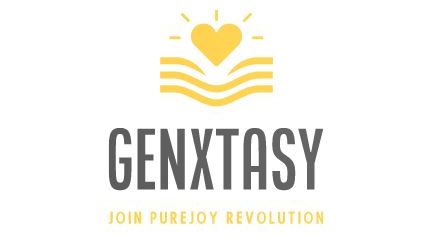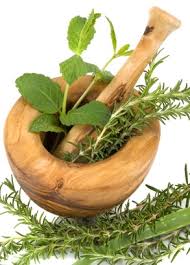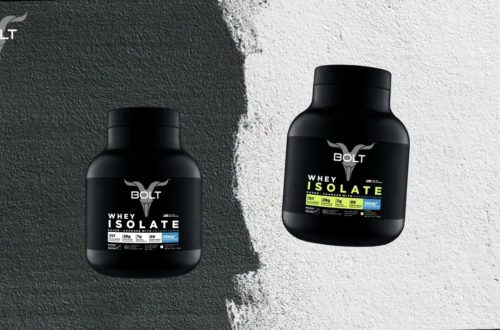
Nootropics and Chiropractic
Nootropics
Nootropics are often referred to as “smart drugs” because they can boost brain performance. These are substances may be over the counter or prescriptions. As a chiropractor in Colorado springs, I work with the body to improve the brain body connection but do not prescribe any medications as it is outside of my scope of practice. I’ll be focusing the over the counter nootropics in this article.
What are Nootropics
The word nootropics stems from two words: “noos” meaning “the mind” and “tropein” meaning “to monitor”. Drugs that influence the cognitive ability in a positive way are considered to be nootropics. They can either be naturally occurring like caffeine or synthetic like piracetam. The efficacy of these over the counter drugs is incomplete at this time due to the insufficient amount of research. It is believed that these drugs probably improve the oxygen supply to the brain, stimulate nerve growth, alter the levels of hormones, enzymes available to the brain & neurotransmitters (chemicals that send signals between nerve cells).
Over-the-counter nootropics
You may have realized already that you currently are taking nootropics in the form of caffeine. Other forms of nootropics that I’ll be discussing include L-theanine, Omeage-3 fatty acids, Racetams (a form of synthetic compounds), Ginkgo biloba, panax ginseng, rhodiola and creatine.
Caffeine
Whether you are a coffee or tea drinker, more than likely you are consuming caffeine. It should be noted that caffeine in moderate amounts is safe for most people. A regular cup of coffee or tea in the morning is a good way to boost mental focus although in excess, caffeine can have negative effects. Caffeine pills and powders can have extremely high amounts, the FDA recommends no more than 400 milligrams per day. That’s about 4-5 cups of coffee. There is also a link to higher chance of pregnancy loss for women who are or may become pregnant so caffeine is not for everyone.
L-theanine
You can find L-theanine in black and green teas or as supplements. It was reported in a 2016 review that L-theanine may contribute to a relaxed yet alert state by increase alpha waves in the brain. Most supplements recommend taking 100-400 mg per day but tere are no dosage guidelines for this nootropic.
Omega-3 fatty acids
One of the most well-known cognitive enhancers are omega-3 fatty acids. They are found in fatty fish as well as fish oil supplements and have been well-studied. They are known for repairing brain cells which can protect the brain from aging. The research is out though when it comes to it’s role in the function of the nervous system aka brain function. Omega-3 fatty acids supplements can be found in a variety of forms including krill oil, algal oil and fish oil. You should ask a doctor before taking them though as there is a low risk of side effects if the interact with medications that affect blood clotting.
Racetams
These are synthetic compounds that increase neurotransmitters in the brain. Neurotransmitters are the chemicals that nerve cells use to send signals from one nerve cell to another. There are a variant of Recetams including piracetam, pramiracetam, penylpiracetam and aniracetam. These synthetic compounds are believed to have neuroprotective effects but there is limited evidence supporting that claim. Studies have not found adverse effects of taking racetams AS DIRECTED but there is no set dosage so it is wise to consult with a doctor before taking them.
Ginko biloba
A natural nootropic, Ginko biloba is tree native to Asian countries such as China, Japan & Korea that has been used as an herbal supplement. There is more research that needs to be done but the leaves are thought to have potentially beneficial effects for improving brain function. It may help with dementia symptoms but it may not be the safest or most effective option available.
Panax ginseng
Another naturally occurring nootropic from China is panax ginseng. Its roots are used for medicinal purposes but panax ginseng should not be confused with other types of ginseng. They come from different plants and have different uses. Panax ginseng may help prevent brain diseases including Huntington’s disease, Parkinson’s disease and Alzheimer’s disease. It may also help the brain recover after a stroke. One downfall of panax ginseng is that it does interace with many medications so consult with a doctor before taking it.
Rhodiola
Also known as roseroot, rhodiola roseas L. may have neuroprotective effects and may help treat neurodegenerative diseases. A review found that is can regulate neurotransmitters improving mood.
Creatine
An amino acid that is often supplemented by athletes can improve exercise performance may also have positive effects on mental ability. A 2018 review found creatine can help with short term memory & reasoning. There is limited research as to its safety for adolescent athletes.
source





